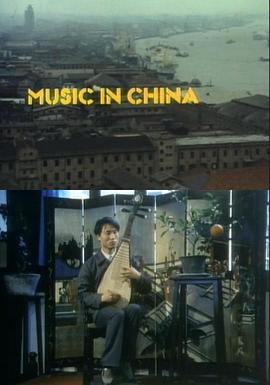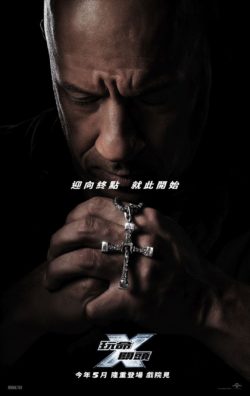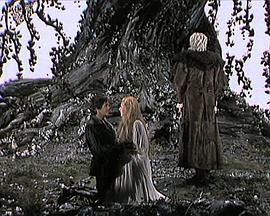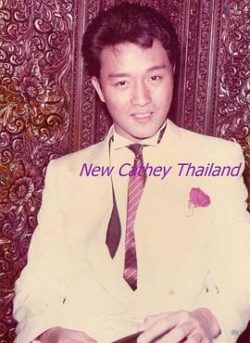1984年的中国音乐景观-電影介紹
Featuring: Mo Zhong, Want Wen Guang, the Shanghai Symphony Orchestra, Maoist dance troupes, Taoist temple music and tea-dance tango bands.
Description: In the early 1980's, China was just emerging from the repressive Cultural Revolution which very nearly stamped out much Chinese classical and folk music - three thousand year-old traditions. Cautiously, musicians, singers, composers and conductors were re-emerging, returning from exile and beginning to revive some of the suppressed music, all under the vigilant gaze of suspicious government officials.
Into this moment of regeneration came director Jeremy Marre on a quest to capture the true musical traditions of China. Constantly battling to avoid the dull 'official' musical ensembles he traveled to Shanghai, Beijing, and the Islamic, far northwestern region of Xinjian.
In Beijing, he was able to film Want Wen Guang, one of less than 100 Chinese who can still play the gu-qin, an ancient zither-like instrument, in a stirring, passionate performance. Later he encounters Mo Zhong, a Taoist priest, and temple drummer whose hands were broken during the Cultural Revolution in order to keep him from playing, as well as a young master of the pipa, a traditional lute, who managed to perform brilliantly despite conditions which keep him from practicing.
In the Islamic northwest, a very different China is encountered, a China where music and dance still flowers freely, as captured here in a wild wedding celebration. 'Cotton Mill Shanghai Blues' is a thought-provoking documentary of a dormant, ancient musical culture finally re-emerging. In addition to the performances noted above, this episode from the Beats of the Heart series also features acrobats and puppeteers, female ballad singers, Shanghai traditional opera and tea house music. Featuring: Mo Zhong, Want Wen Guang, the Shanghai Symphony Orchestra, Maoist dance troupes, Taoist temple music and tea-dance tango bands.
Description: In the early 1980's, China was just emerging ...




















1984年的中国音乐景观-留言評分